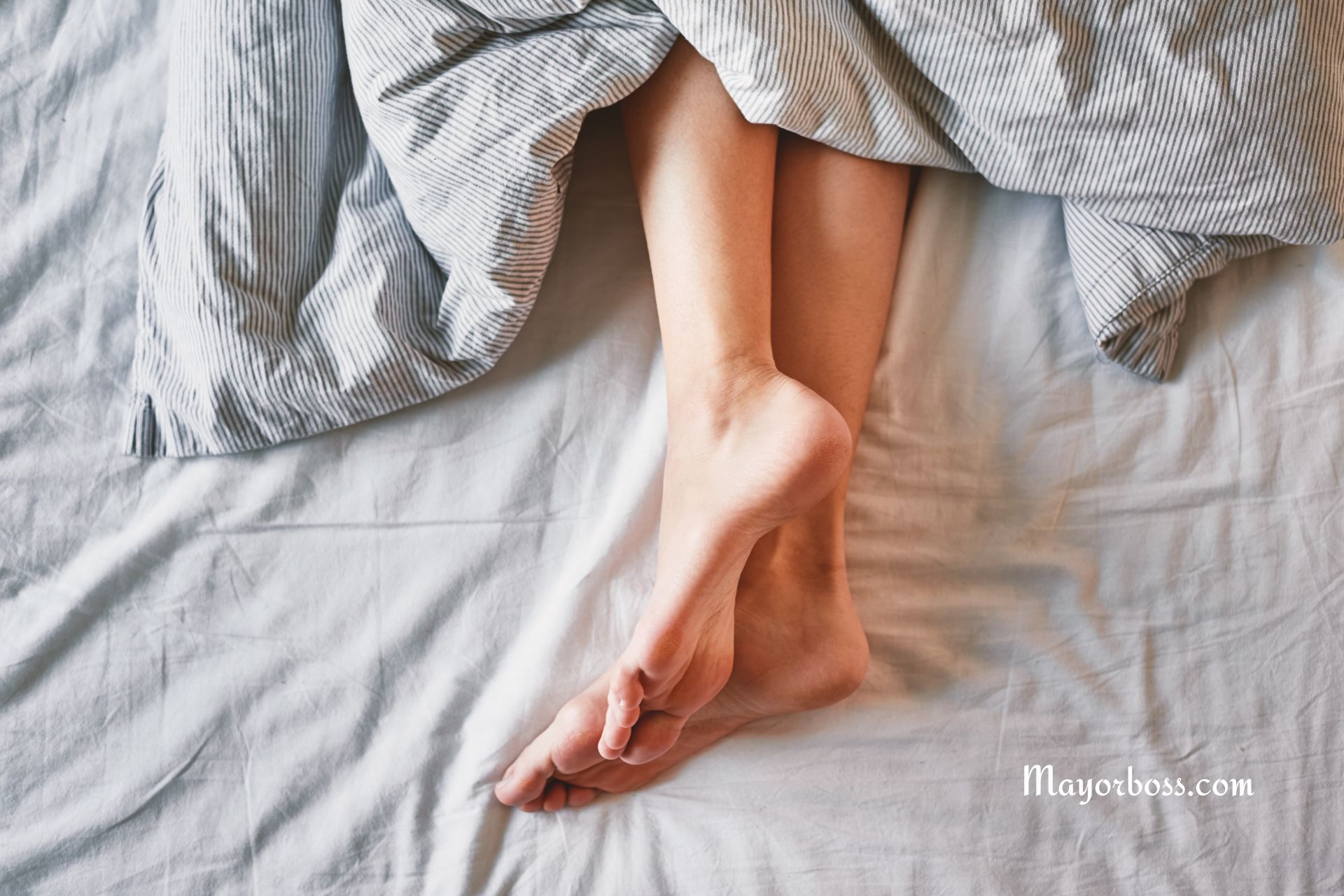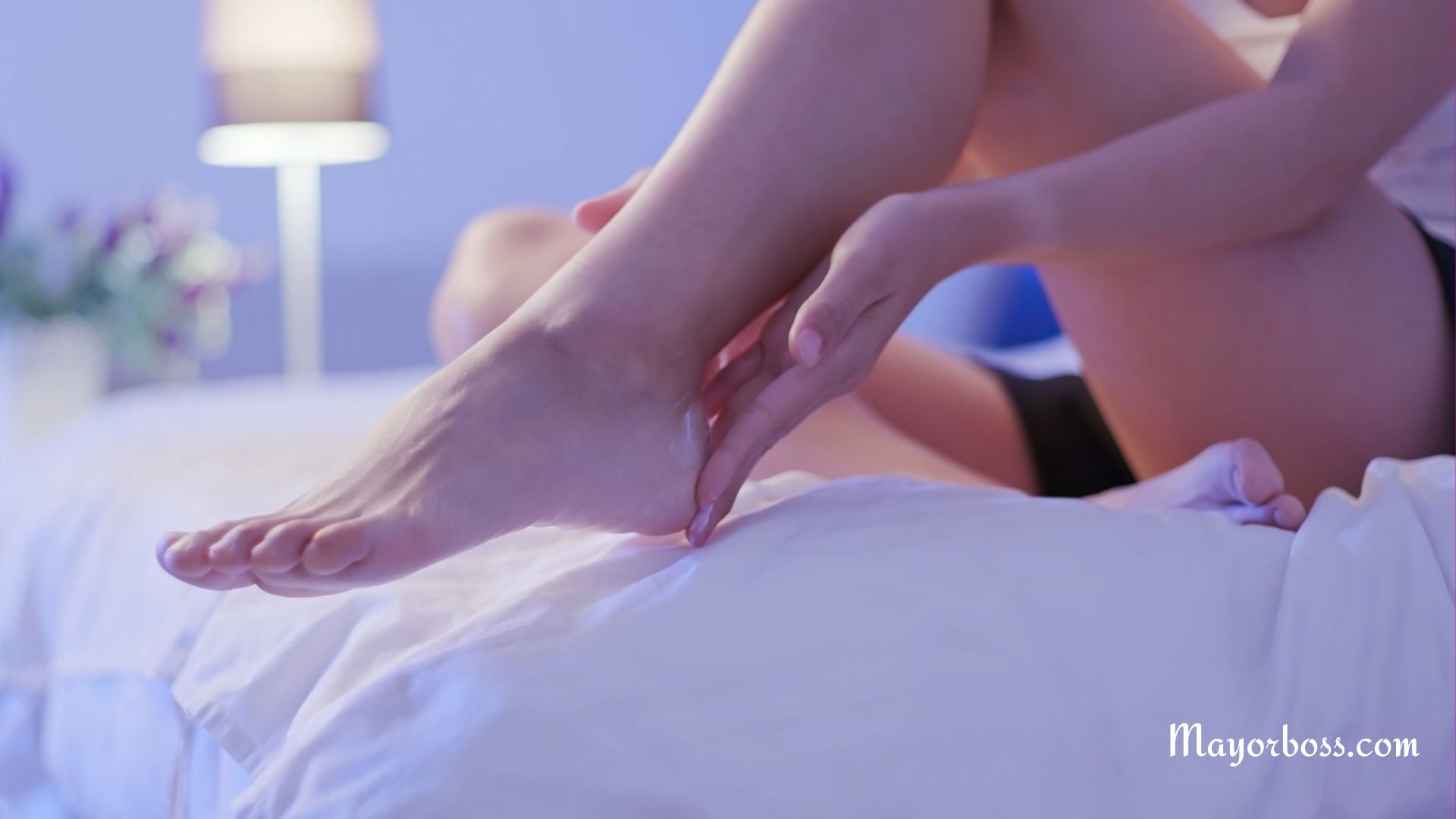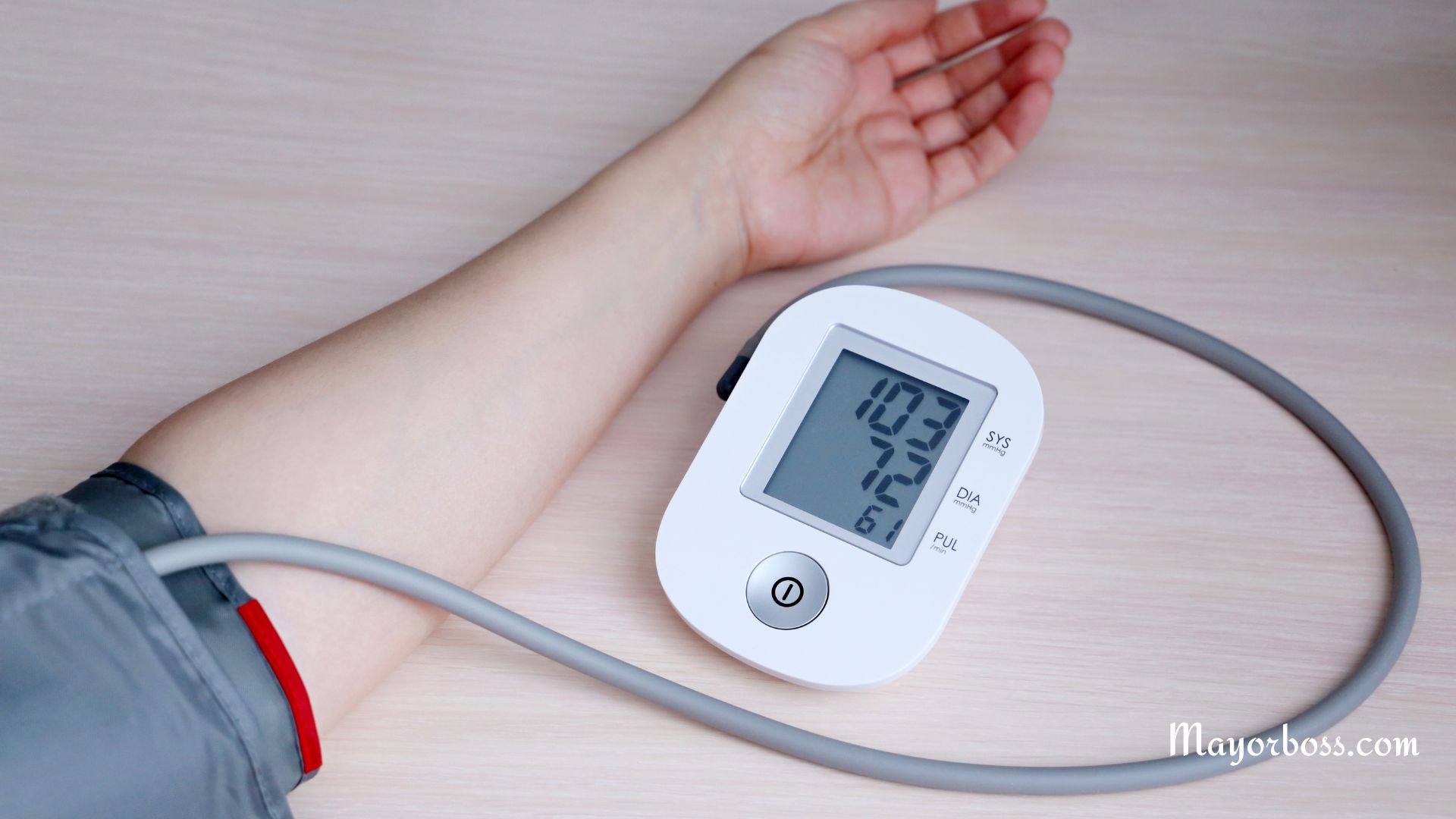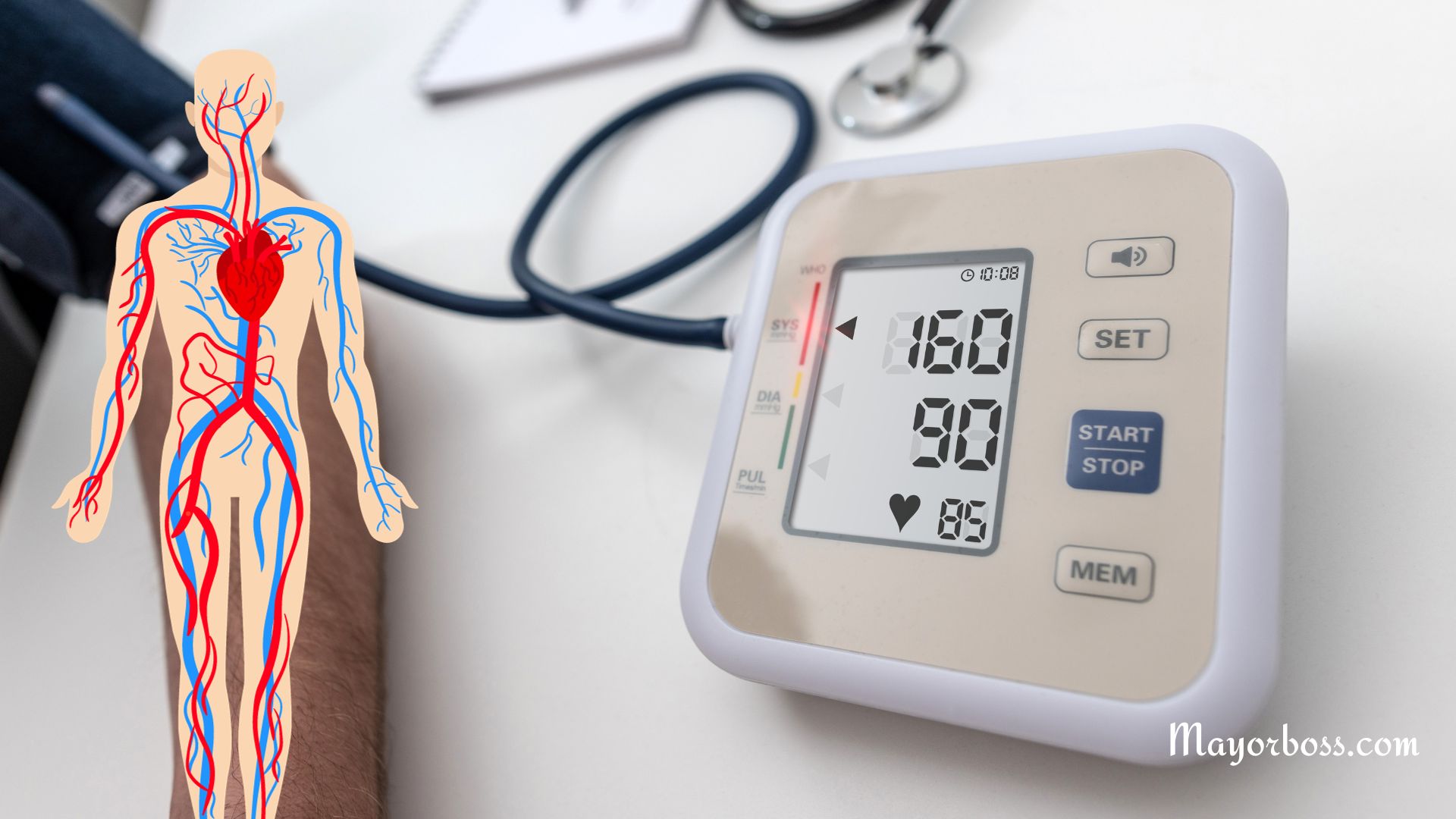What It Means If You Shake Your Feet Before Falling Asleep
Have you ever found yourself shaking your feet before drifting off to sleep? You’re not alone. This seemingly strange habit is more common than you think. But why does this happen, and should you be concerned? Let’s get to the bottom of this.

Why Do You Shake Your Feet?
A Way to Release Energy
Often, shaking your feet is simply a way to release pent-up energy. After a long day, your body might still be buzzing with the day’s activities. Shaking your feet can be a subconscious effort to wind down. Surprisingly enough, it’s your body’s way of saying, “It’s time to relax.”
A Comforting Habit
For some, this motion is a comforting habit. Like rocking in a chair or tapping your fingers, shaking your feet can be soothing. It’s a rhythm that can signal your brain that the day is ending and sleep is near. Yes, it’s true!
Restless Legs Syndrome (RLS)
But hang on a minute. Sometimes, there’s more to it. Ever heard of Restless Legs Syndrome (RLS)? This condition causes an irresistible urge to move your legs, often accompanied by uncomfortable sensations. Shaking your feet might be your body’s response to these feelings. The good news is, if this is the case, treatments are available.
Periodic Limb Movement Disorder (PLMD)
And get this: There’s also something called Periodic Limb Movement Disorder (PLMD). Unlike RLS, which occurs when you’re awake, PLMD happens during sleep. It involves involuntary leg movements, and yes, that can include shaking your feet. But don’t worry; this condition can be managed with the right approach.
Should You Be Concerned?
In most cases, shaking your feet before sleep is harmless. It’s just one of those quirks that make you unique. However, if it disrupts your sleep or if you experience discomfort, it’s worth discussing with your doctor. They can help determine if there’s an underlying issue that needs attention.
How to Manage It
Establish a Relaxing Bedtime Routine
One way to manage nighttime foot shaking is to establish a relaxing bedtime routine. This could include activities like reading, gentle stretching, or listening to calm music. By creating a routine, you signal to your body that it’s time to slow down.
Consider Your Diet and Exercise
Diet and exercise play a role too. Avoid stimulants like caffeine close to bedtime and ensure you’re getting enough physical activity during the day. This balance can help reduce excess energy and promote a more restful sleep.
Seek Professional Advice If Needed
And if shaking your feet seems to be more than just a habit? It might be time to seek professional advice. A healthcare provider can assess whether conditions like RLS or PLMD are at play and recommend appropriate treatments.
Frequently Asked Questions
1. Can shaking my feet before sleep lead to other health issues?
Not usually. For most people, it’s a harmless habit. However, if it’s due to a condition like RLS or PLMD, managing those conditions is important to prevent sleep disruption and improve overall health.
2. Are there any simple remedies to reduce foot shaking at night?
Absolutely. A warm bath before bed, limiting screen time, and ensuring a comfortable sleeping environment can all help reduce foot shaking. Sometimes, all you need is a bit of relaxation.
3. When should I see a doctor about this?
If the shaking is frequent, causes pain, or disrupts your sleep, it’s time to talk to a healthcare professional. They can help determine the cause and suggest effective treatments.
In short, while it might seem odd, shaking your feet before sleep is often just your body’s way of transitioning into rest. But if you’re ever in doubt, seeking advice is the best step forward.






